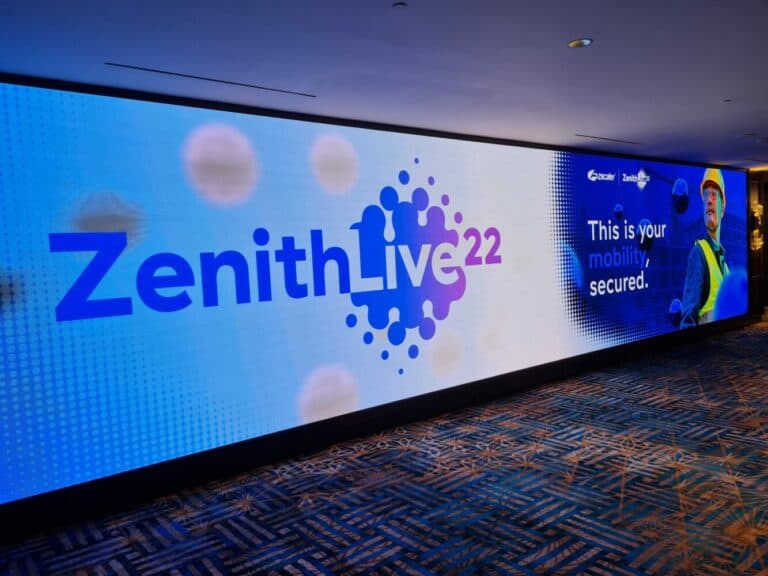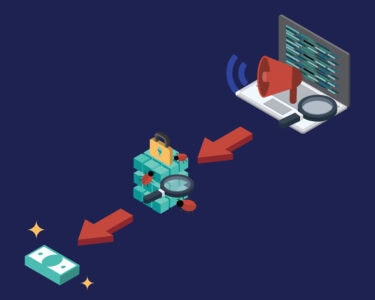Zscaler is adding artificial intelligence and machine learning to Zero Trust Exchange. The new features should prevent advanced cyber threats from entering an organization.
Zscaler shared the news at its Zenith Live conference. According to the organization, the new features are very accurate due to the large security cloud at its disposal. Every 24 hours, Zscaler’s platform inspects more than 240 billion data transactions and blocks more than 150 million attacks. As a result, it’s able to reduce investigation and response times for companies.
The amount of data flowing through the platform also enables Zscaler to train highly accurate AI and ML models. This allows Zscaler to automate threat response and provide policy recommendations for security teams.
Stronger network security thanks to AI
Zero Trust Exchange already featured AI and ML, but is now taking things to the next level with AI-powered phishing prevention. The Zscaler platform applies real-time analytics to threat intelligence from 300 trillion daily signals. It also uses its own research and dynamic browser isolation. The platform can pick up signals of identity theft and browser exploitation to effectively stop phishing.
Another feature is described as AI-powered segmentation. It simplifies user-to-app segmentation to minimize the attack surface and stop malicious movements. It does this by proposing a policy based on AI. Zscaler developed the feature by training a model that analyzed millions of customer signals based on private app telemetry, user context, behaviour and location.
Furthermore, an AI-powered root cause analysis feature is coming to Zero Trust Exchange. With this functionality, Zscaler aims to quickly identify the cause of bad user experiences. This reduces the burden on IT for troubleshooting and analysis.
Policy engine
Finally, the update includes the autonomous risk-based policy engine. This functionality allows security and access policies for the Zero Trust Echange platform to be adjusted in real time. It should protect the corporate network against rapidly changing cyber attacks. The new feature allows security teams to customize policies based on risk scores for users, devices, apps and content.
Tip: Zscaler observed nearly 880 million phishing attacks in 2021



















